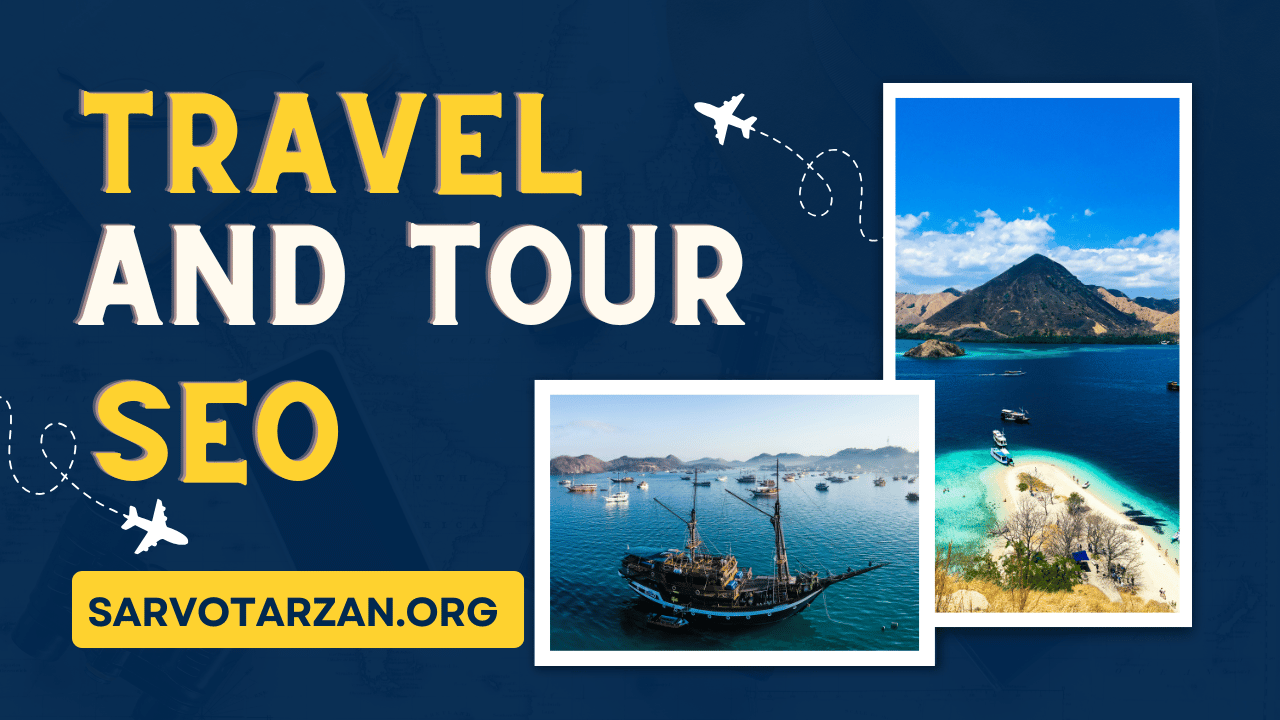SEO
SEO for tour and travel agencies
SEO for tour and travel agencies can be highly effective in attracting more clients and boosting online visibility. Here’s a breakdown of key strategies:
1. Keyword Research
- Identify travel-specific keywords related to destinations, experiences, and travel styles (e.g., “adventure tours in Bali” or “luxury safaris in Kenya”).
- Use tools like Google Keyword Planner, Ahrefs, or SEMrush to find keywords with good search volume and lower competition.
- Consider long-tail keywords (e.g., “budget-friendly family trips in Italy”) to target more specific user intent.
2. On-Page SEO
- Title Tags & Meta Descriptions: Write clear, compelling titles and meta descriptions with keywords, focusing on what users will get from the tour.
- Header Tags (H1, H2, etc.): Organize content with proper headers, ensuring primary keywords appear naturally in H1 and H2 tags.
- Image Optimization: Use high-quality images for each destination, optimizing file size for fast loading and including alt text with relevant keywords.
3. Content Creation
- Blog Posts: Write informative and inspirational blogs about travel tips, destination guides, and cultural insights. It improves SEO and helps establish your agency as an expert.
- Destination Pages: Create dedicated pages for each major destination or tour package, including details on activities, costs, and attractions.
- FAQs: Include an FAQ section to answer common travel questions, which can also help rank for “People Also Ask” queries on Google.
4. Local SEO
- Google My Business (GMB): Set up and optimize your GMB profile to show up in local searches and on Google Maps.
- Location-Specific Pages: If you operate in multiple cities or regions, create pages for each location.
- Local Keywords: Use geo-targeted keywords like “California wine tours” or “guided tours in Tokyo” to reach potential clients in specific locations.
5. Backlink Building
- Travel Blogs: Collaborate with travel bloggers or guest post on relevant sites to earn quality backlinks.
- Influencers and Review Sites: Work with travel influencers or review sites to increase mentions of your agency, driving traffic and adding credibility.
- Social Media: Social signals can indirectly impact SEO, so actively share blog posts, travel photos, and client testimonials on platforms like Instagram, Facebook, and Twitter.
6. Technical SEO
- Mobile-Friendly Design: Ensure the website is mobile-responsive, as many users search for travel options on mobile devices.
- Page Speed Optimization: A faster website improves user experience and is favored by search engines.
- SSL Certificate: Security is a ranking factor, so having HTTPS on your site is essential.
7. User-Generated Content (UGC)
- Reviews & Testimonials: Encourage customers to leave reviews on Google, Tripadvisor, and your site. Positive reviews build trust and improve local SEO.
- Social Proof: Display photos, videos, or stories shared by past clients on your website or social media, which can boost SEO and conversions.
8. Schema Markup
- Rich Snippets: Use schema markup for tours, reviews, ratings, and FAQs. This can help your site appear in featured snippets and improve CTR.
Consistent, high-quality content, a user-friendly website, and strategic keyword targeting are essential for travel agencies to succeed in SEO.

